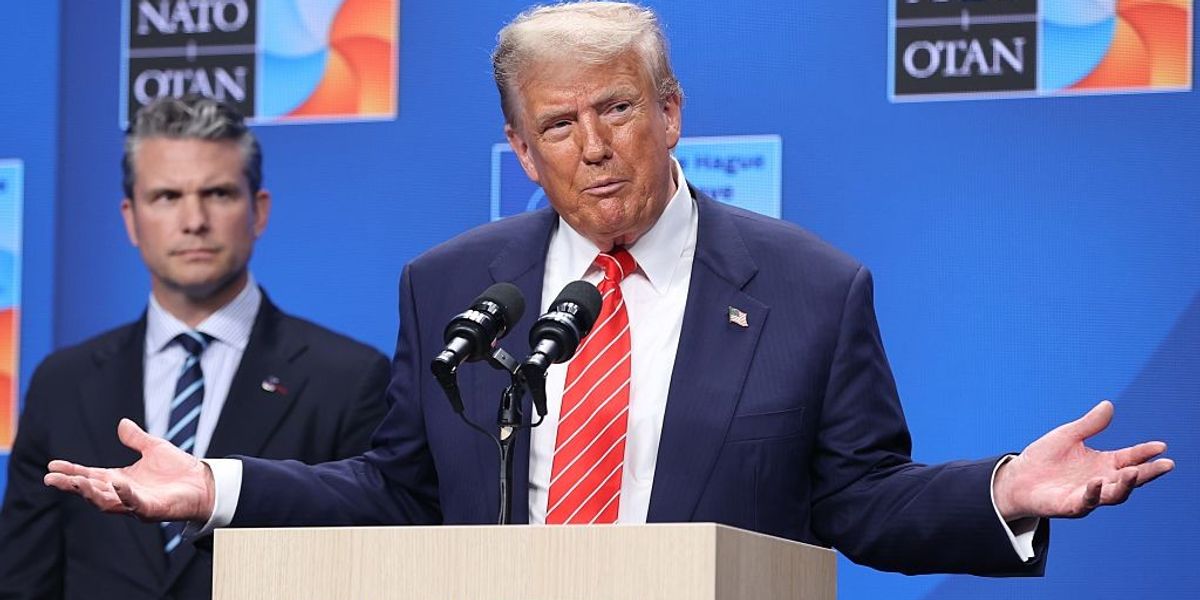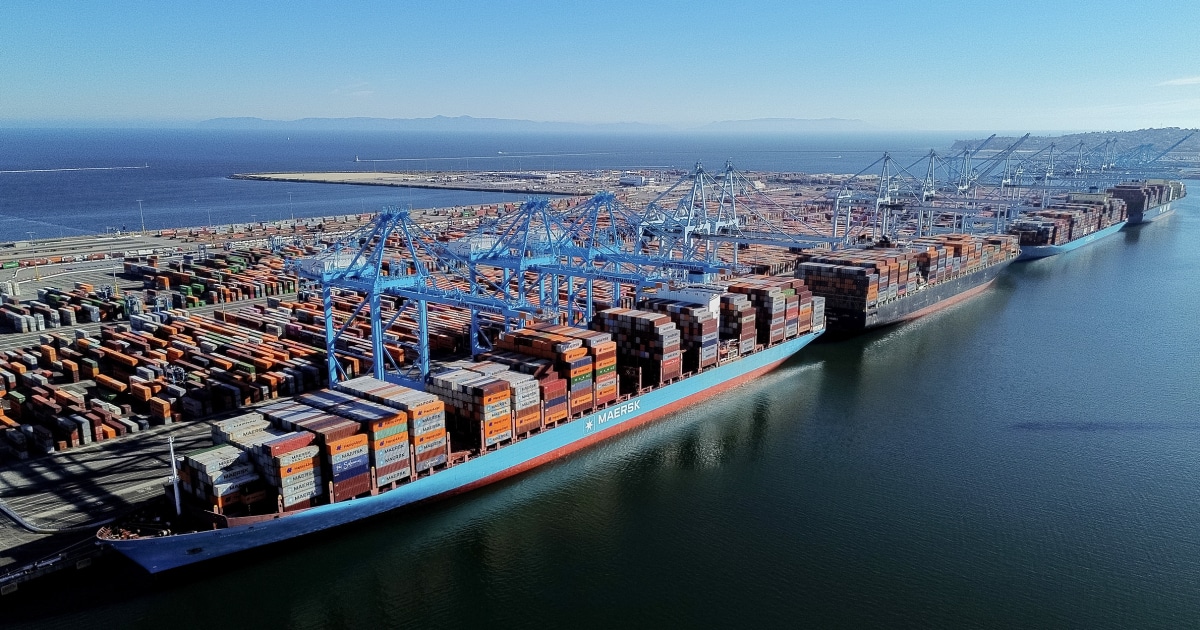T4K3.news
Trump reduces tariffs on Japanese auto imports
U.S. tariffs on Japan-made vehicles drop from 25% to 15%, providing limited relief amid competition from China.

The relief is tempered by intensifying competition especially from China, industry experts cautioned.
Tariff relief for Japan auto industry provides limited comfort
On July 22, U.S. President Donald Trump announced a reduction in the tariff on Japanese auto imports from 25% to 15%. While this deal allows Japanese automakers to avoid heightened tariffs, analysts warn that the relief is minimal amid growing competition from Chinese car manufacturers. Despite the tariff reduction, the auto industry continues to face structural challenges and a shrinking domestic market.
Key Takeaways
"The trade deal struck with the U.S. is certainly a relief in that it offers some certainty that U.S. tariffs on Japan-made cars won't rise to punitive levels."
This quote reflects the cautious optimism surrounding the tariff deal.
"A 15% U.S. import tariff is still significantly higher than where Japan started."
This highlights the ongoing burden of tariffs despite recent reductions.
"China's push into advanced manufacturing has transformed it into a formidable competitor just as domestic demand for Japan-made cars began to soften."
This statement underlines the challenges Japan faces from Chinese automakers.
"I'd hesitate to call it good news."
Analysts express skepticism about the overall benefits of the tariff changes for Japan's auto sector.
The recent trade deal between the U.S. and Japan offers a brief moment of hope, but it also highlights the fierce competition Japanese automakers face from China. As China's automotive sector rapidly develops, Japan must strategically navigate not only market shifts but also economic pressures at home. This scenario raises questions about the long-term sustainability of Japan’s auto market position and its ability to reclaim its former dominance.
Highlights
- Tariff changes may ease pressure but don't offer a long-term solution.
- Japan’s automotive sector is still challenged by China’s rise.
- A 15% tariff is not the silver lining many expected.
- The auto industry must adapt to a rapidly changing landscape.
Concerns over Japan's automotive future
Despite the tariff reduction, Japan's auto industry faces significant challenges from Chinese competition and soft domestic demand, raising concerns for the sector's long-term viability.
The future of Japan's auto industry remains uncertain as it navigates a complex landscape.
Enjoyed this? Let your friends know!
Related News
Trump announces new trade deal with Japan and lowers tariffs
Trump's new tariffs lead to mixed global reactions
US automakers challenge Trump's tariff deal with Japan
Countries react to Trump's new tariffs

Critics slam Trump's Japan trade deal for harming U.S. automakers

Trump announces trade deal with Japan

Trump sets new global tariff rates
